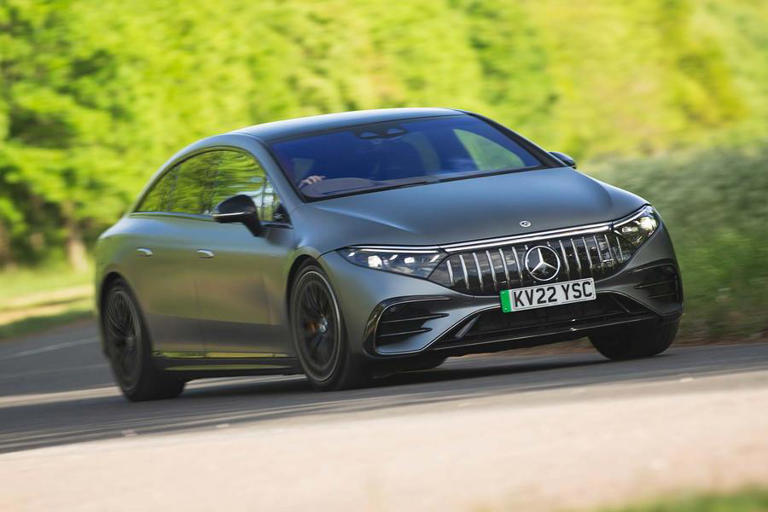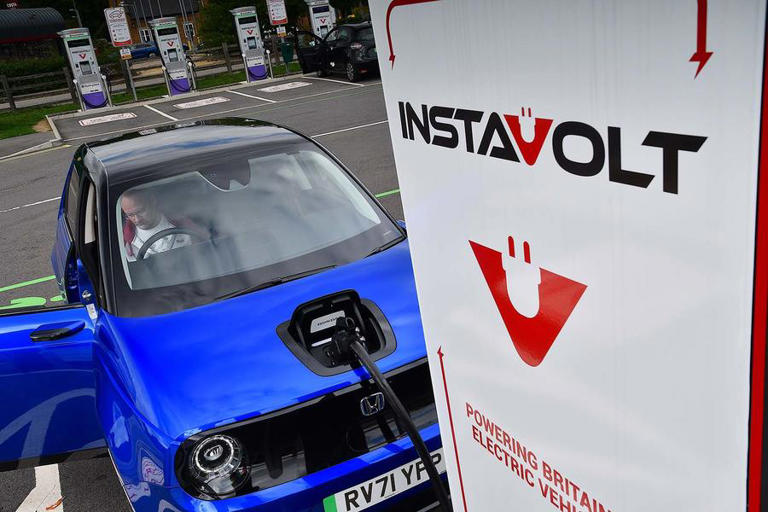Electric Car Buying Guide

Are you considering purchasing an electric car but feeling overwhelmed by the options and technology? Don’t worry; we’ve got you covered! In this guide, we’ll walk you through the essential factors to consider before buying an electric car, making the process easier for you.
Why Choose an Electric Car?
Electric cars offer numerous benefits, including reliability, safety, and environmental friendliness. With fewer moving parts than traditional combustion-engine vehicles, electric cars tend to be more reliable. Plus, they come equipped with the latest safety features, making them a secure choice for you and your loved ones. Moreover, by opting for an electric car, you’re contributing to a cleaner environment by reducing emissions.
Reliability and Safety
Electric cars boast simplicity in design, with fewer components prone to failure compared to traditional cars. With just one moving part in the motor, the chances of breakdowns are significantly reduced. Additionally, electric vehicles are equipped with advanced safety features, ensuring a secure driving experience for you and your passengers.
Range Concerns
The range of electric cars varies, typically ranging from 100 to 300 miles per charge. However, advancements in battery technology have resulted in longer ranges for newer models. It’s essential to consider your daily driving habits and access to charging infrastructure when evaluating range requirements. While range anxiety may be a concern for some, the expanding network of charging stations alleviates this issue, providing convenience and peace of mind.
Charging Infrastructure
Access to charging infrastructure is a critical factor in owning an electric car. Installing a home charger can significantly enhance the convenience of charging, allowing you to top up your vehicle overnight. Moreover, the growing network of public charging stations ensures that you can recharge your car while on the go, making electric vehicles a practical choice for daily commuting and long-distance travel.

Types of Chargers
Electric cars utilize different types of chargers, including AC and DC connectors. AC chargers, such as Type 1 and Type 2 connectors, offer slower charging speeds, while DC chargers, including CCS and Tesla Superchargers, provide faster charging capabilities. Understanding the types of chargers available can help you plan your charging routine effectively, ensuring that your electric car remains powered up when you need it.
Charging Costs
Charging an electric car is often more cost-effective than refueling a traditional combustion-engine vehicle. Home charging, particularly during off-peak hours, can significantly reduce your charging expenses. Additionally, public charging stations offer competitive rates, making electric vehicles an economical choice for environmentally conscious consumers.
Affordability
While electric cars may have higher upfront costs compared to traditional vehicles, they offer long-term savings through reduced maintenance and operational expenses. With various financing options, including leasing deals and government incentives, owning an electric car has become more accessible than ever. Moreover, lower running costs and tax benefits make electric vehicles a financially attractive option for budget-conscious individuals.

Consider Hybrids
If you’re not ready to fully commit to an electric car, hybrids provide a practical alternative. With options ranging from mild hybrids to plug-in hybrids, you can enjoy the benefits of electric power while retaining the convenience of a combustion engine. Hybrid vehicles offer versatility and flexibility, making them suitable for diverse driving needs.
Future of Transportation
The automotive industry is undergoing a significant transformation, with electric vehicles poised to dominate the market in the coming years. While combustion-engine cars may still be around for some time, the shift towards electric propulsion is inevitable. As technology continues to evolve and environmental regulations tighten, electric cars will become the norm rather than the exception.
Conclusion
In conclusion, buying an electric car is a decision that requires careful consideration of various factors, including reliability, range, charging infrastructure, affordability, and future trends. By understanding your driving needs and evaluating the available options, you can make an informed decision that aligns with your lifestyle and values. Whether you choose an all-electric vehicle or opt for a hybrid model, embracing electric transportation is a step towards a sustainable future.
With this comprehensive guide, you’re equipped with the knowledge and insights needed to embark on your electric car journey confidently. Explore the possibilities, embrace innovation, and join the electric revolution today!




